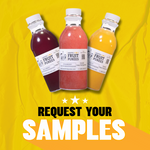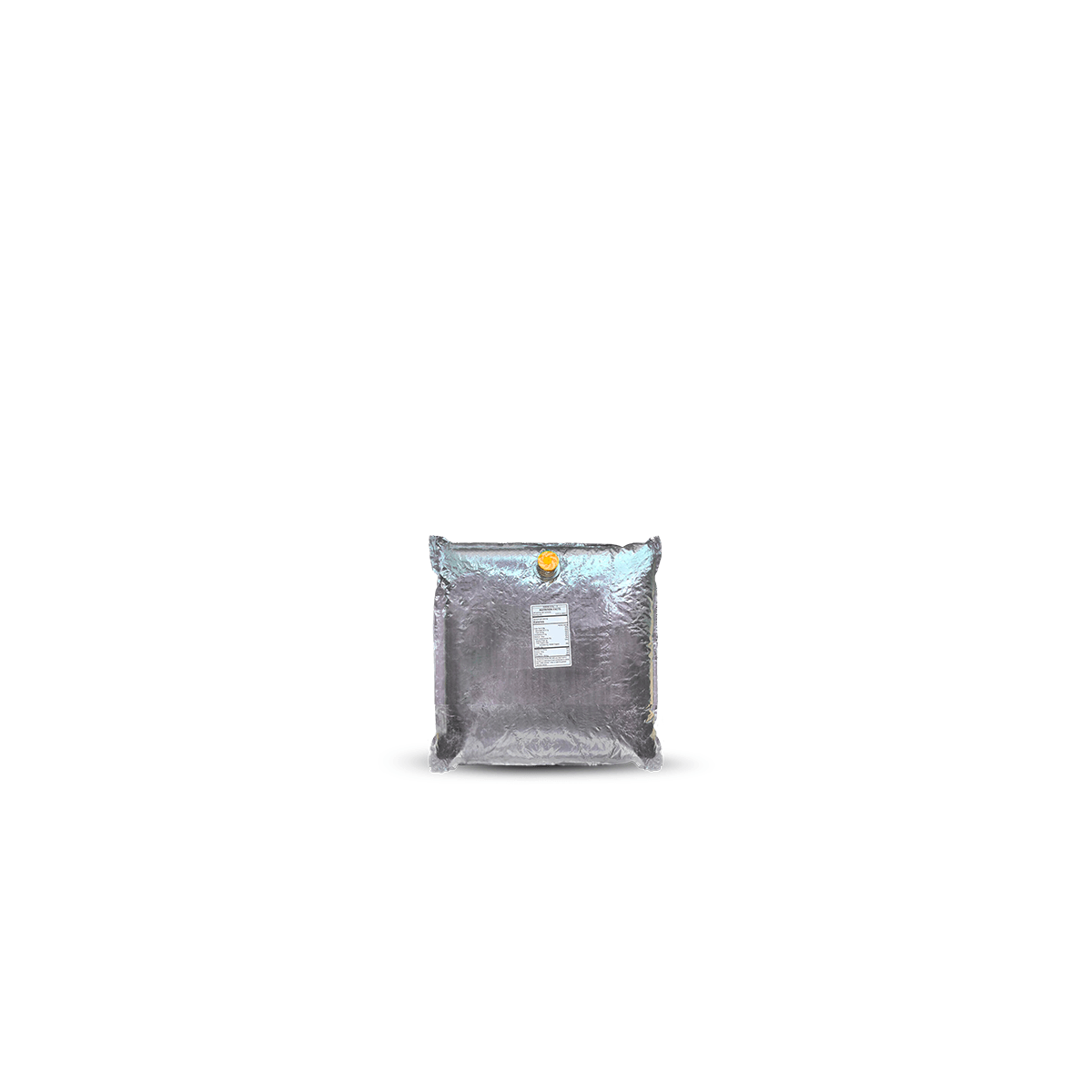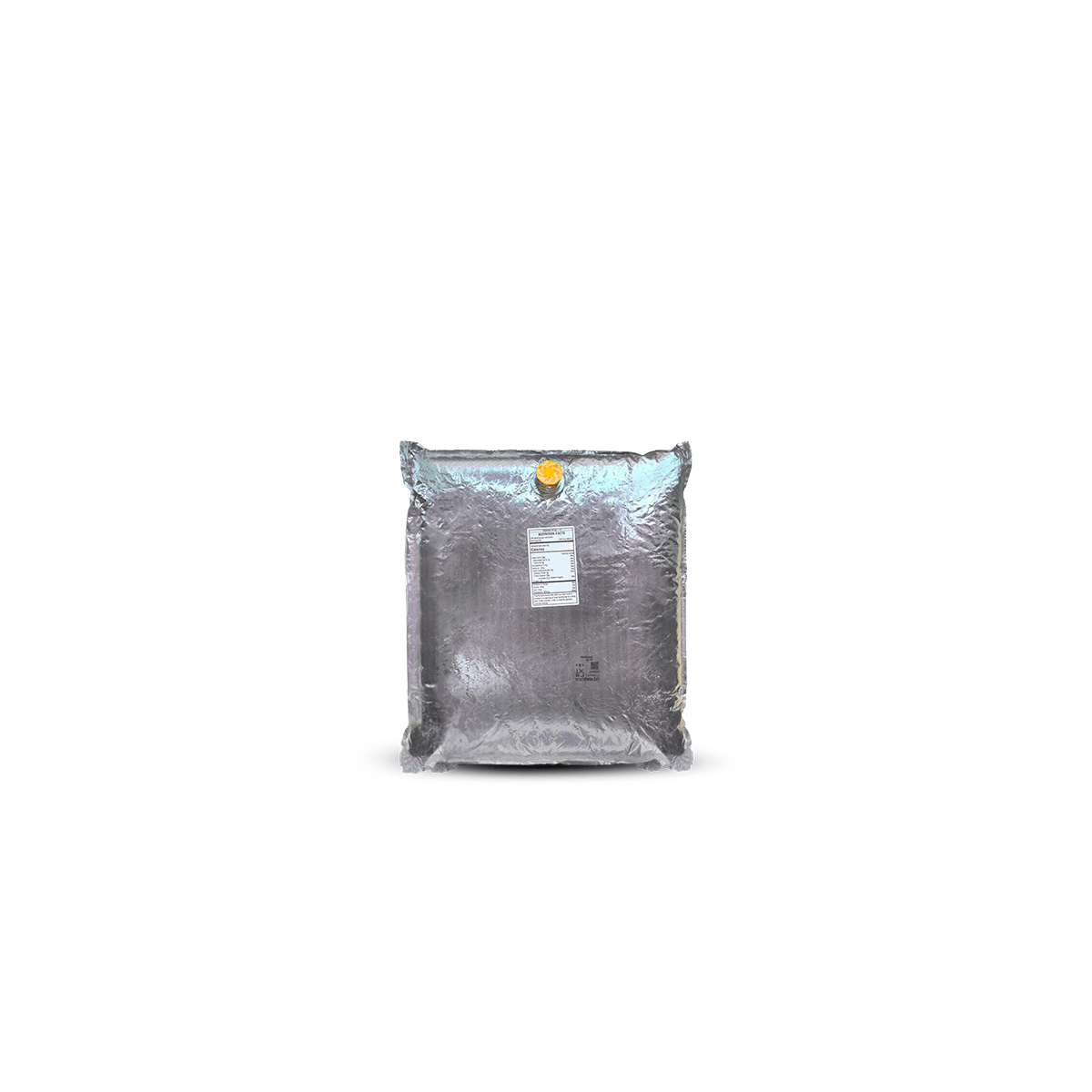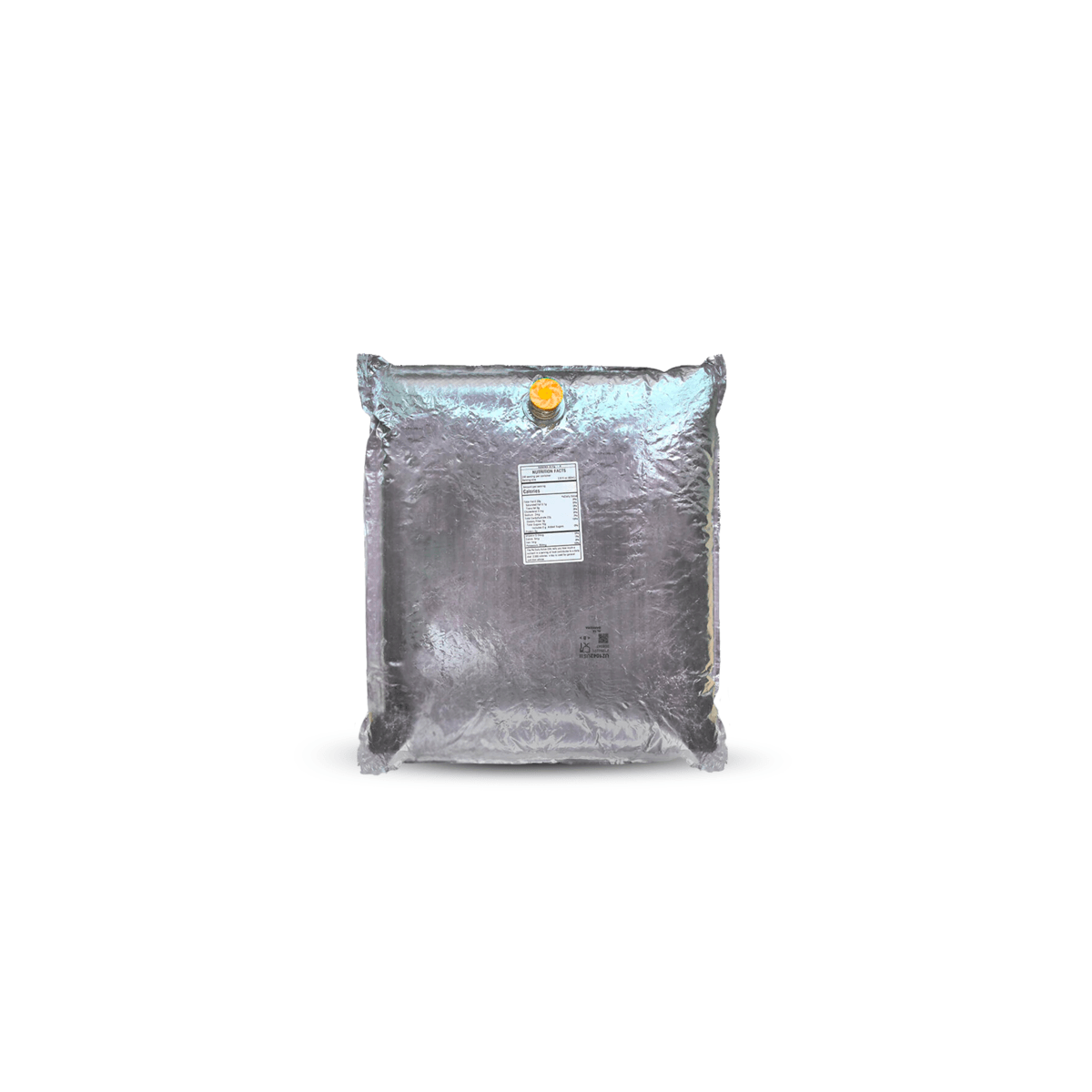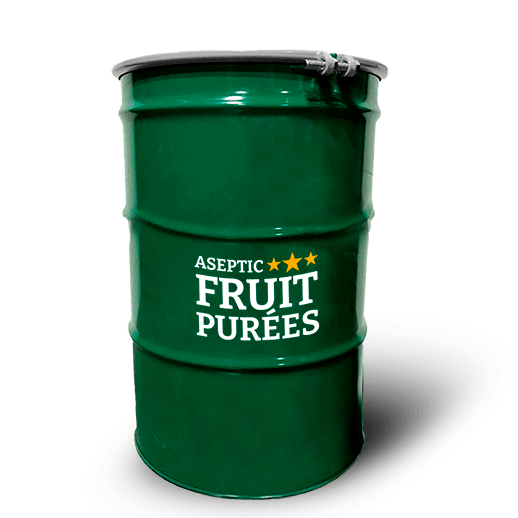A potion has been brewing… and it is not beer.
Seltzers are a force to be reckoned with, indeed. We should have seen this coming looking back at beverages like Mike’s Hard Lemonade, Zima, Bartles and Jaymes, (you get it gist). These beverages were seltzers, that hadn’t reached their potential and simply didn’t know what they were…yet.
Fast forward to today, these drinks have undergone a transformation – with the help of a makeover including a wide range of flavors and by dropping some calories, the appeal is undeniable. Thriving in a market that was not into beer, liquor or wine but rather a combination of all of the above.
The rise to popularity seltzers experienced could be attributed to a range of factors: perhaps people are a lot more health conscious now than they were five to ten years ago; maybe because the marketing on these products is brilliantly appealing; or it was a culmination of several small details all of which happened when Covid-19 hit the US thus boosting off-premise sales through the roof.
Like it or not, seltzers are here to stay.
This being the case, brewers are not going to sit this one out, but instead a growing number are adapting and putting a spin on this bull of a beverage with adaptations of their own. There is not a whole lot about fermenting sugar and water that is completely outside the norm. Making it taste delicious is another task that is an open book. There are many ways to add flavor to seltzers. Some are more efficient than others, it really depends on what you are trying to accomplish with your seltzer. There are ways to emulate the seltzers that stick to the maxim of one gram of carbohydrates, one gram of sugar, and one hundred calories. Using fruit puree instead of “natural flavors” may not yield the same results as a seltzer of the larger operations, but isn’t that why it is called craft?
In this new seltzer craze, there are plenty of opportunities for an operation of any size to bring something to market that people will love and feel good about. The reason seltzers are hot right now - beyond the fact that they are massively marketed and look cool in that skinny aluminum can - they have high drinkability with low guilt. You can drink so many more of these without feeling the effects on your body (i.e - feeling sluggish, fatigued and/or bloated) and yet still experience the alcoholic effects.
Now this is not to say that craft taste has to come with these undesirable effects. Many production facilities in the craft space from across the country have been producing new, interesting versions of “lighter” offering for folks counting calories or have some aversion to beer.
Background on seltzer production
Before we get into using fruit puree in your seltzer, here is a brief dive into the production of seltzer. If you have the proper licensing to produce distilled spirits it is as simple a diluting your neutral grain spirit to the desired alcohol by volume, then add flavor and carbonation. For many this is not an option and a fermentation must take place.
Start with sugar and water, bring it to a boil for sanitation purposes (which could fill an entirely separate post but we’ll save that for another time) then add yeast nutrients and potassium carbonate that will keep your PH in check, similar to winemakers. A larger amount of oxygen will be needed to keep your yeast growing. As far as yeast selection goes, you will need a variety that can take in massive amounts of sugar like distiller’s yeast or champagne yeast (this is probably the easiest part of the process).
The next step is going to be removing the unpleasant smell and taste that the yeast nutrients and byproducts of this unconventional fermentation process leave behind. This required a variety of filters. Plate and frame filters are what most small breweries use to accomplish this. There of course are larger, more expensive options depending on how much money you have to throw at your seltzer.
Finally, there is the carbonation level to consider which is on the high end. Most beers are carbonated to two and a half volumes of carbonation, depending on style - seltzers require three volumes or higher. This is partially because there is no protein (head retention) to keep the carbonation in the solution.
Setting Yourself Apart
When it comes to using puree to set yourself apart from the rest, consider the following. The hardcore health conscious consumers drinking a beverage loaded with extracts or flavors in them might not find the product very appealing citing the flavors taste “fake.”
A way to appeal to these flavor-forward individuals is to use fruit puree which can be marketed as a truly natural alternative to artificial flavors. However, the downside (on the brewing end) is that it will be difficult to come in under the one gram of sugar, and 100 calories like most seltzers in the limelight do, but that is okay.
Ideally, you would use some fruit puree in your secondary fermentation, but because you need to clean up the yeast nutrient and other undesirables you would also be losing the fruit flavor. In order to do this, the seltzer base (post filter) would need to go through yet another fermentation and running into the same problem. If this sounds like too much work after everything you have done up to this point you can add your puree to the seltzer for a desired amount of time, then move it off of the puree and carbonate. The calorie count will be higher and the result will be a bit sweeter, but whoever said there can’t be a happy medium found.
While your low-calorie, artificially flavored seltzers popularized by larger manufacturers is here to stay, there is room for thoughtful examples that do not fit this mold on the market. By using fruit puree as an alternative, you will be delivering a flavorful seltzer which boasts a crafty edge that larger producers are unable to attain. One might even argue that fruit purees deliver a more authentic flavor profile, but at the end of the day it’s all about making a delicious product you are proud to call your own. What kind of seltzer are you thinking about making right now?
Nick Burgoyne is our Brewing Consultant
with more than 15 years of experience in the
craft beer industry. nick_burgoyne@yahoo.com

